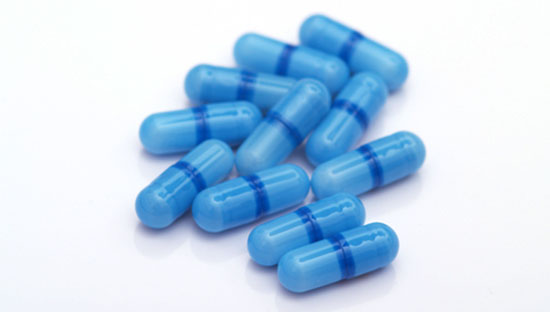Dylan Lynch
Science & Tech Editor
Alli is a weight loss drug produced by the British company GlaxoSmithKline, or GSK, which is mainly manufactured at the Beecham Chemical Plant in Cork, Ireland. The active ingredient, Orlistat, is supposedly effective at preventing fat adsorption in the human diet. However there have been claims of some Alli pills being tampered with by a currently unknown culprit in recent months, while an inspection by the US Food and Drug Administration also found evidence of contamination of some of the other pharmaceutical ingredients manufactured at the plant.
In a warning letter sent by the FDA officials to the GSK Company’s chief executive, concerns were raised over the contamination of some of the drug products with solvents and intermediate chemicals from a waste tank at a production facility. GSK has responded by voluntarily recalling a number of its other products and also all of its Alli supplies currently in the US in response to not only the contamination claims but also claims of serious Alli product tampering. Customers from seven states in the US have found fake Alli pills that are the wrong colour, or bottles with broken anti-tamper seals inside the outer packaging. “Safety is our first priority and we are asking retailers and pharmacies to remove all Alli from their shelves immediately,” said Colin Mackenzie, President Consumer Healthcare North America.
In a statement released earlier this year GlaxoSmithKline spokeswoman Deborah Bolding said that 20 tampered bottles were reported to the company by 12 customers. She did not say whether anyone had consumed the fake pills, but she did say that no one got sick. “We have received no reports of serious illness from the consumers who have reported these tampered products”. In turn this massive recall has resulted in the share price of GSK dipping in recent months, and leaving investors disappointed. The recall of the Alli products from US shores has caused a large amount of profit loss and product loss, and also may have shaken customers’ faith in the pharmaceutical giant: The share price during the period when the contamination/tampering claims arose (Mar 6 to Apr 7) dropped from 55.53 points to 51.55 points.
However this is not the only time the company has gotten into hot water over their manufacturing processes. In 2010, GSK agreed to pay a settlement of $750 million (€551 million) relating to the manufacture of adulterated drugs at a plant in Cidra, Puerto Rico. The problems, which included using tainted water in processes and mixing products in packaging, were brought to light in the whistle-blower lawsuit led by former quality assurance officer Cheryl Eckard. GSK resolved to pay the government the sum to settle civil and criminal charges that it ‘manufactured and sold adulterated drug products to Medicaid and other government health plans’.
GSK are not the only company to make mistakes such as these. In the past month alone, there have been several recalls initiated by different pharmaceutical companies due to the presence of undeclared contaminants or chemicals in the product. The Human Science Foundation recalled PRO ArthMax due to the presence of several undeclared drugs and Pfizer have recalled Effexor XR (venlafaxine HCl) due to a mix-up with Tikosyn (dofetilide) capsules.
Although this potentially harmful mistake was detected by the FDA, the situation shows that tighter quality controls on medical products need to be put in place. A number of chemists in the field of Medicinal Chemistry have been advocating for the implementation of system similar to the peer-review system, where a batch of products cannot be shipped from a chemical plant to pharmacies/hospitals without being rigorously tested by an independent chemical analyst. If chemical irregularities are found or if waste products are detected beyond the maximum allowable levels, the batch will be rejected. This system could ensure the safety of patients and customers worldwide, but would greatly increase the price of such medicines and the time it takes to produce a batch. Unfortunately, it is unlikely that this system will ever come into effect.
NOTE: I would like to clarify that at this time there is no substantial evidence that the Alli pills themselves are contaminated, only that they have been tampered with. Some other products have shown evidence of contamination but these products were not dispatched to public dispensaries.






